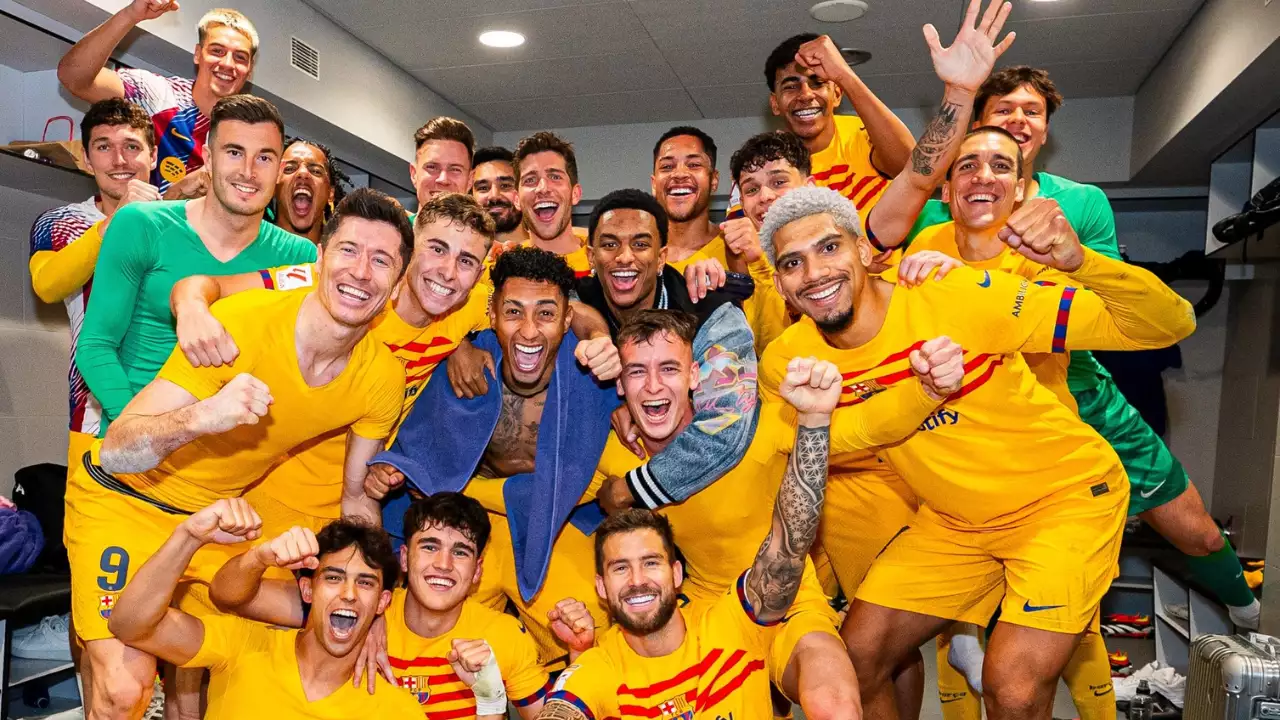
Team celebrating their win against Atletico Madrid yesterday / Getty Images
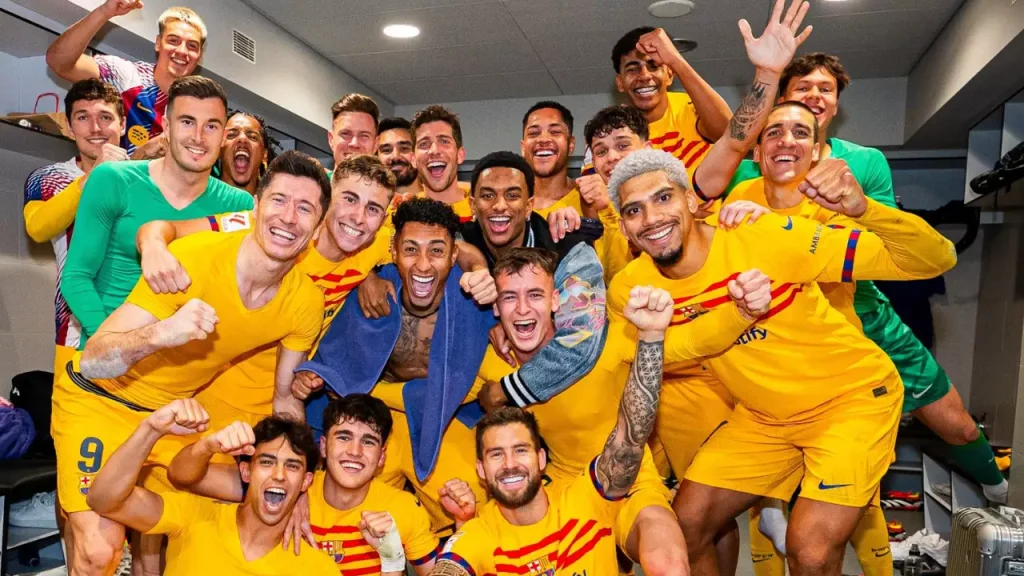
Barcelona’s recent resurgence was propelled by a combination of factors.
In just six weeks, FC Barcelona has gone from struggling to secure fourth place in La Liga to being second and still in the title race, while also securing their spot in the Champions League quarter-finals. According to Roger Torello of Mundo Deportivo, the team’s transformation can be explained by the following reasons:
The Xavi effect
Since the Terrassa-born coach announced his departure at the end of the season after the defeat against Villarreal on January 27, Barcelona has strung together seven wins and three draws, propelling them from fourth to second in LaLiga and securing passage to the Champions League quarter-finals, where they will face Paris Saint-Germain.
The youth revolution
Forced by injuries and the club’s economic constraints, Xavi has been compelled to rely on young players, and the academy is rising to the challenge. Pau Cubarsí, at just 17 years old, has become a key figure in Barcelona’s defense, to the extent that he has been called up to the national team. Similarly, Lamine Yamal, already a regular for De la Fuente’s Spain at just 16, following his displays for Barcelona. But they are joined by Fermín, who has already scored six goals this season and is Barcelona’s most prolific midfielder. And then there’s Héctor Fort, who, when called upon by Xavi, has excelled in imposing venues like San Mamés or the Metropolitano.
Defensive solidity
For over two months, Barcelona played without their first-choice goalkeeper, Marc ter Stegen. His absence, coupled with the team’s poor form, left the defense highly vulnerable. Since Ter Stegen’s return against Granada, the team has conceded only six goals in their last eight matches. Furthermore, in their last four league games, they have kept four clean sheets.
Lewandowski becomes decisive again
Robert Lewandowski has become a crucial figure in the team’s resurgence. The Polish forward, who delivered one of his best performances as a Barcelona player against Atlético with a goal and two assists, has scored seven goals since Xavi announced his departure on January 27, including two against Napoli, crucial for reaching the quarterfinals. Furthermore, he is now the player with the most goal involvements in La Liga: 20 (13 goals and 7 assists), ahead of Bellingham with 19 (16 goals and 3 assists) and Dovbyk with 19 (14 goals and 5 assists).
The veterans rediscover their best form
In addition to Lewandowski or Ter Stegen, players like Gündogan – who has shown leadership by assisting and leading the midfield – or others not as experienced but important in the squad like Koundé or Araujo have regained their best form. The Frenchman and the Uruguayan, for example, were exposed in the final of the Spanish Super Cup in Arabia against Madrid, but since then they have been on an upward trajectory. Koundé no longer complains about playing at right-back and is a guarantee both in defense and attack, while Araujo is a stronghold in the center, alongside the revitalized Cubarsí.
The team is united
Despite suffering injuries to key players like De Jong or Pedri in recent weeks, the team has stepped up. When everyone thought Barcelona would falter in the decisive phase against strong opponents, the squad has responded in the best possible way, showing that teamwork prevails over individuality. The spirit of solidarity and sacrifice to cover for where a teammate cannot reach is now a core value at Barcelona, where everyone is pulling in the same direction.
Physically better prepared
Following the victory against Atlético, Robert Lewandowski revealed that one of the keys to the team’s good form was that “in recent weeks, we have changed the training, now we put more intensity.” The elimination from the Copa del Rey has allowed Xavi and his staff to schedule training sessions with a heavier workload, given the availability of longer weeks, and the results are evident in the team’s best version of the season, just when they are competing for the two most important titles.

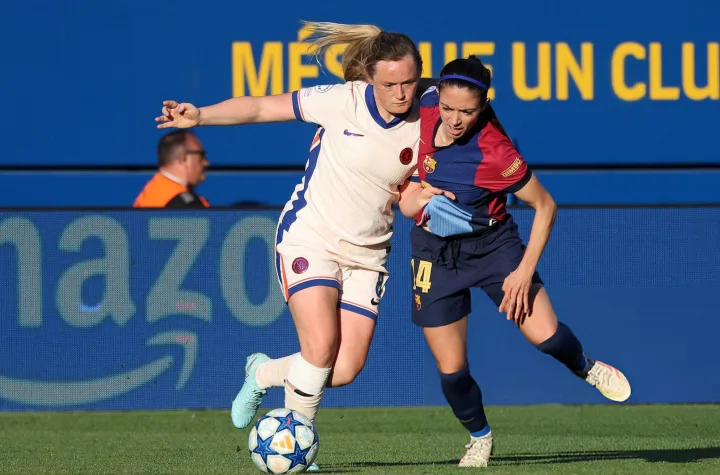
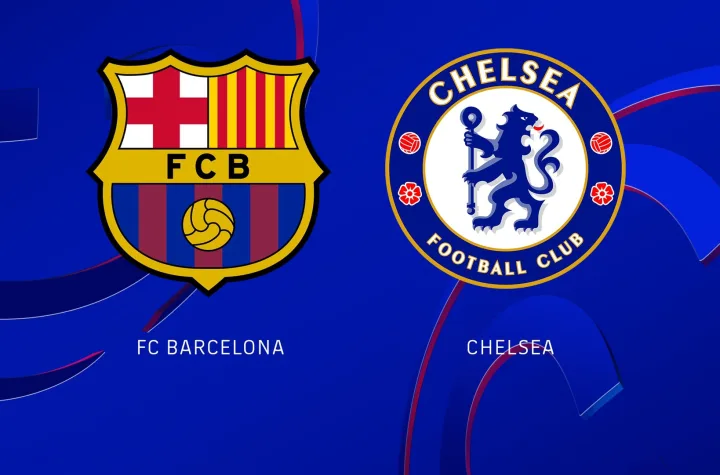
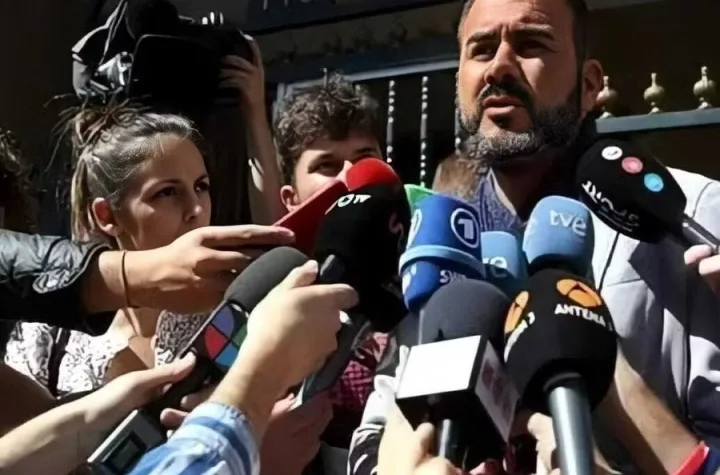
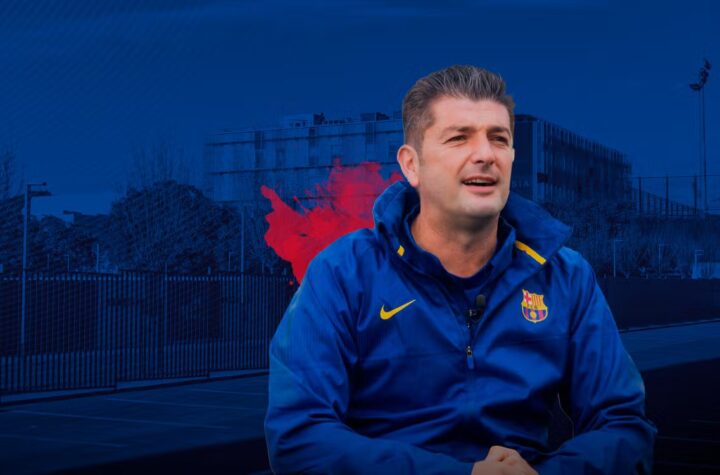
More articles
We 4-1 will take that result
Clash of Titans: FC Barcelona Femení faces Chelsea FCW again in the Champions League.
Miguel Galán: “Tebas actions with Barça have bad faith bordering on an alleged crime of administrative prevarication”